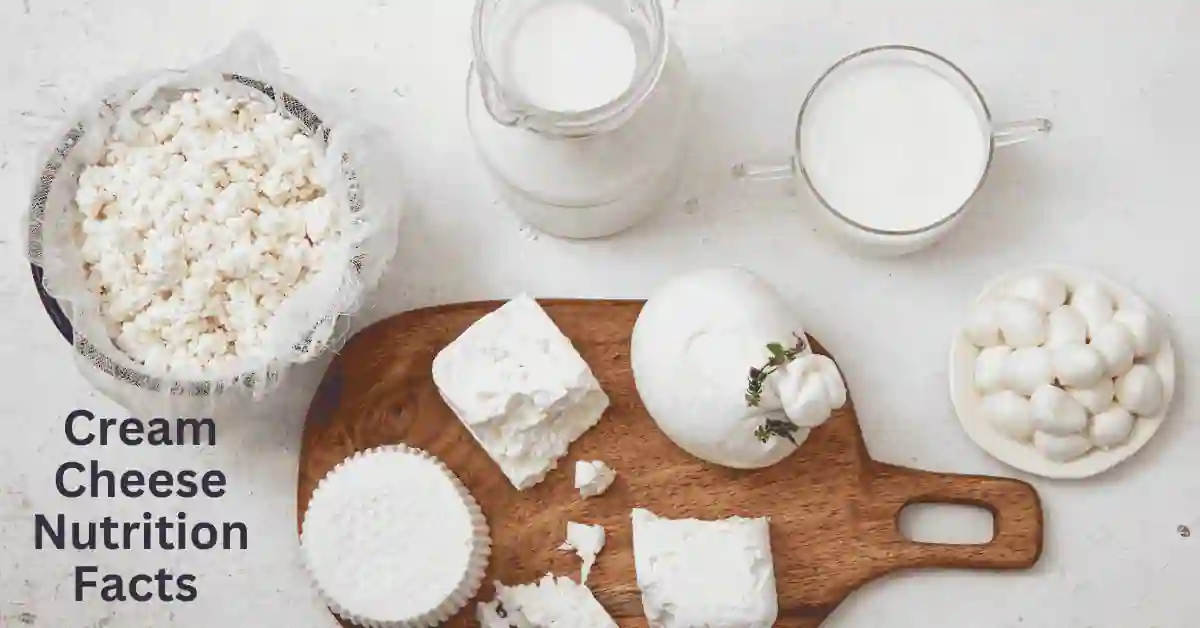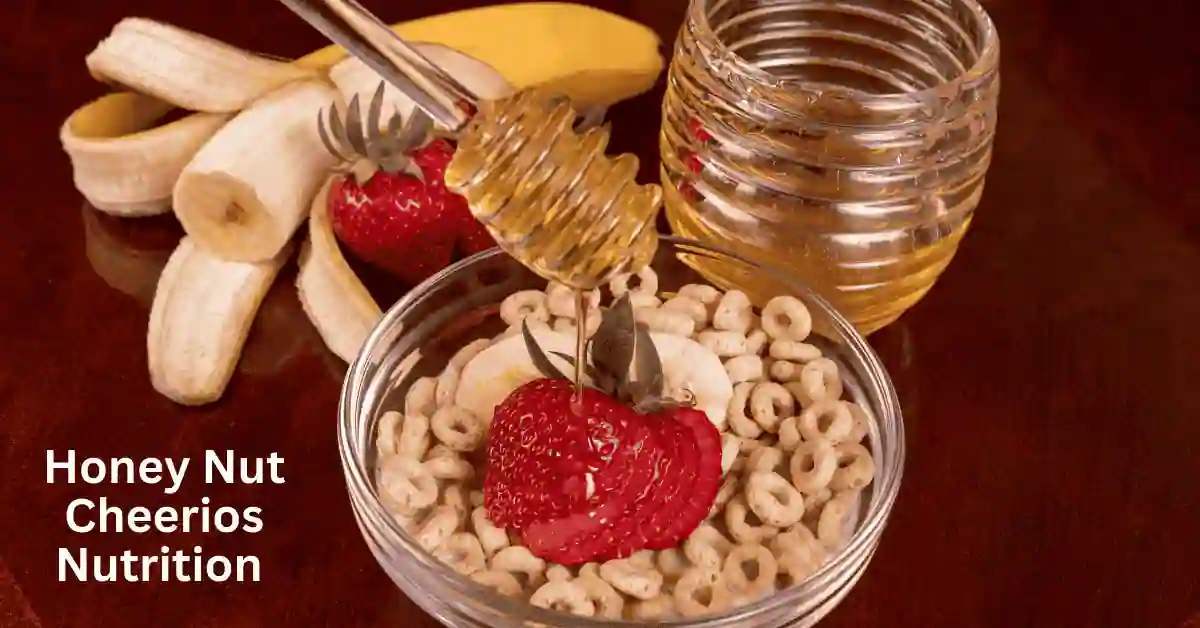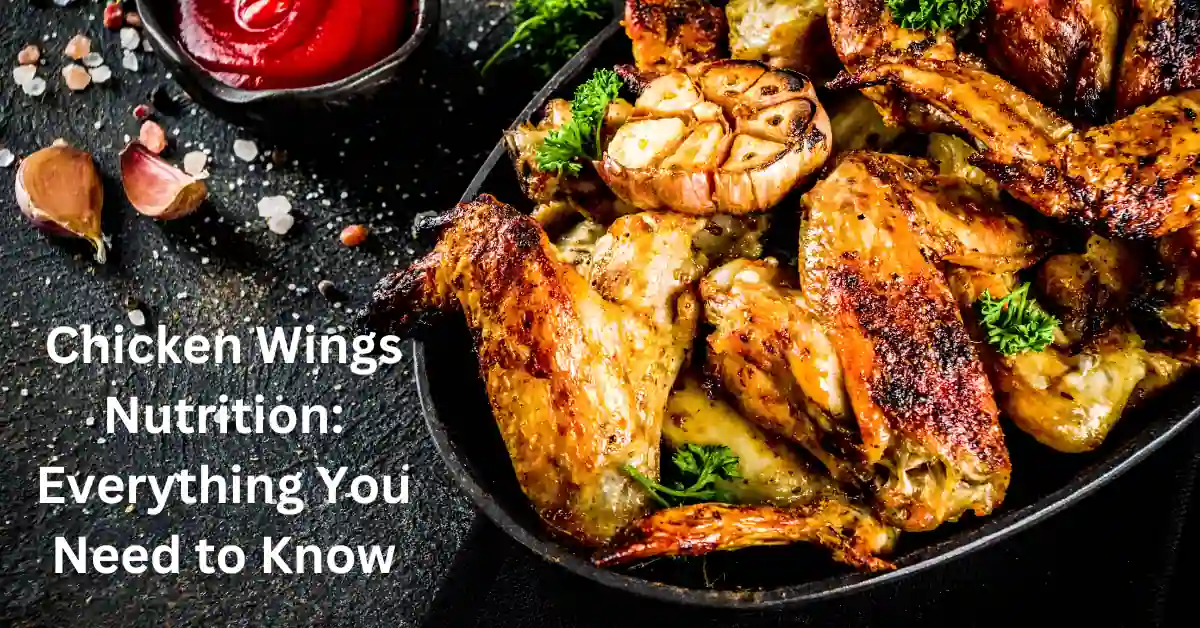sWhat if you could snack all day without worrying about packing on extra pounds? Sounds amazing, right? Enter the world of zero calorie foods. These magical foods are often misunderstood, but they hold the key to guilt-free indulgence. Whether you’re exploring calorie-free snacks, negative calorie foods, or wondering do zero calorie foods help you lose weight, this guide has everything you need to know. Ready to explore? Let’s dive in!
Table of Contents
ToggleWhat Are Zero Calorie Foods?
Zero calorie foods are often low in calories and high in water or fiber, which means your body burns almost as many calories digesting them as they contain. Think of celery—it’s not just a crunchy snack; it’s practically calorie-neutral. Some of these foods are even called negative calorie foods because they supposedly require more energy to digest than the calories they provide. While the term might not be entirely accurate, the idea is rooted in science. Foods with low caloric density make you feel full without adding significant calories to your daily count.
Top Zero Calorie Vegetables and Fruits
When it comes to zero calorie foods, vegetables and fruits are the superheroes. Here are some standout options:
Zero Calorie Vegetables
- Celery – Known as the poster child for zero calorie foods, celery is crunchy, hydrating, and satisfying.
- Cucumbers – Low in calories and high in water, cucumbers make for an excellent snack or salad base.
- Lettuce – Perfect for salads and sandwiches, lettuce offers volume without calories.
- Zucchini – Great for spiralizing into noodles or grilling for a tasty side dish.
- Radishes – A crunchy, peppery snack that’s almost calorie-free.
Zero Calorie Fruits
- Watermelon – Refreshingly sweet and hydrating with minimal calories.
- Strawberries – Packed with antioxidants and natural sweetness.
- Grapefruit – A tangy, metabolism-boosting fruit ideal for weight loss.
- Blueberries – Tiny but mighty, these berries are rich in nutrients and low in calories.
- Cantaloupe – A sweet treat with high water content and low calorie impact.
Healthy Zero Calorie Beverages
When it comes to drinks, staying hydrated is key to weight loss and overall health. Here are some zero calorie beverages to quench your thirst:
- Water: The ultimate calorie-free drink. Add lemon, mint, or cucumber slices for a refreshing twist.
- Herbal Tea: Enjoy soothing options like chamomile or peppermint without adding any calories.
- Black Coffee: A go-to for energy and focus, minus the calories.
- Sparkling Water: Get your fizz fix with zero calories. Just avoid sugary additives.
Are Zero Calorie Foods Really Calorie-Free?
Here’s the thing: not all “zero calorie” foods are completely free of calories. In the U.S., food labels allow rounding down for foods with less than five calories per serving. So, while your zero calorie drink or snack might technically have a calorie or two, it’s still negligible in the grand scheme of things. This is why reading labels and serving sizes is essential if you’re tracking calories closely.
The Science Behind Zero Calorie Foods
Why do zero calorie foods work so well for weight management? It’s all about their composition:
- High Water Content: Foods like cucumbers and watermelon are mostly water, keeping you hydrated and full.
- Fiber-Rich: Many zero calories foods, like celery and lettuce, are high in fiber, which aids digestion and keeps you satisfied.
- Low Energy Density: These foods provide fewer calories per gram, meaning you can eat more without overloading on calories.
Best Zero Calorie Foods for Weight Loss
Incorporating zero calorie foods into your meals can make a big difference in your weight loss journey. Here’s how to use them effectively:
- Start with a Salad: Begin your meal with a leafy green salad. It fills you up and prevents overeating.
- Snack Smart: Replace chips and cookies with crunchy veggies like celery or carrots.
- Boost Your Breakfast: Add berries to your oatmeal or yogurt for a sweet, low-calorie punch.
- Enhance Your Meals: Use zucchini noodles instead of pasta or cauliflower rice instead of traditional grains.
Do Zero Calorie Foods Help You Lose Weight?
The short answer is yes—but only if they’re part of a balanced diet. Zero calorie foods create a calorie deficit by keeping you full while consuming fewer calories. This makes it easier to control portion sizes and avoid high-calorie temptations. However, they’re not a magic bullet. Pair them with proteins, healthy fats, and whole grains to ensure you’re getting all the nutrients your body needs.
Creative Ways to Use Zero Calorie Foods in Your Diet
Bored of munching on plain veggies? Here are some creative ways to spice things up:
- Smoothies: Blend cucumber, spinach, and a splash of lemon for a refreshing drink.
- Soups: Make a hearty vegetable soup using zucchini, celery, and tomatoes.
- Wraps: Use large lettuce leaves as wraps for your favorite fillings.
- Dips: Pair celery sticks with hummus or Greek yogurt dip.
Zero Calorie Snacks for Busy Lifestyles
For those on the go, zero calorie snacks are a lifesaver. Here are some options:
- Baby Carrots: Pre-packaged and ready to munch.
- Pickles: Tangy, crunchy, and nearly calorie-free.
- Sugar-Free Gum: Keeps your mouth busy without adding calories.
- Cherry Tomatoes: Sweet, juicy, and portable.
Debunking Myths About Zero Calorie Foods
Can you survive on zero calorie foods alone?
Not a chance. While these foods are excellent for weight management, they lack the essential proteins, fats, and carbohydrates your body needs.
Do zero calorie foods burn calories?
Some claim that foods like celery require more energy to digest than they provide, but the effect is minimal.
Are they nutritionally complete?
Nope. Zero calories foods are a supplement to your diet, not the main event.
Are There Any Downsides to Zero Calorie Foods?
While zero calories foods are fantastic, relying solely on them can lead to nutritional imbalances. Without proteins, fats, and other nutrients, your body may struggle to function optimally. Always aim for a balanced diet.
How to Balance Zero Calorie Foods in Your Diet
Think of zero calories foods as the foundation of a healthy meal. Pair them with lean proteins like chicken or tofu and healthy fats like avocado or nuts. This ensures you’re getting a variety of nutrients while keeping calories in check.
Conclusion
Zero calorie foods are a game-changer for anyone looking to snack smarter and eat healthier. From hydrating vegetables to sweet, guilt-free fruits, these options make weight management easier without sacrificing flavor. But remember, balance is key. Use zero calories foods to enhance your meals, not replace them entirely. With the right approach, you can enjoy all the benefits these foods have to offer while staying on track with your health goals.
FAQs
Are zero calories foods good for weight loss?
Yes, they help create a calorie deficit, making it easier to lose weight.
What’s the healthiest zero calories beverage?
Water is the healthiest choice, but herbal teas and sparkling water are great alternatives.
Can I eat unlimited zero calories foods?
While they’re low in calories, eating them in excess can still cause bloating or discomfort.
What’s the best zero calorie snack?
Celery sticks, cucumbers, and baby carrots are excellent options.
Are zero calories foods really calories-free?
Not always! Some have trace calories, but they’re minimal and won’t derail your diet.





